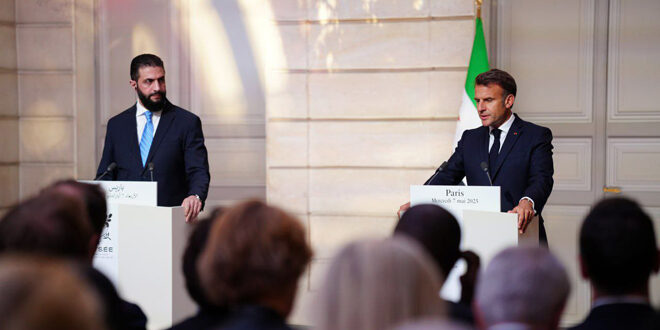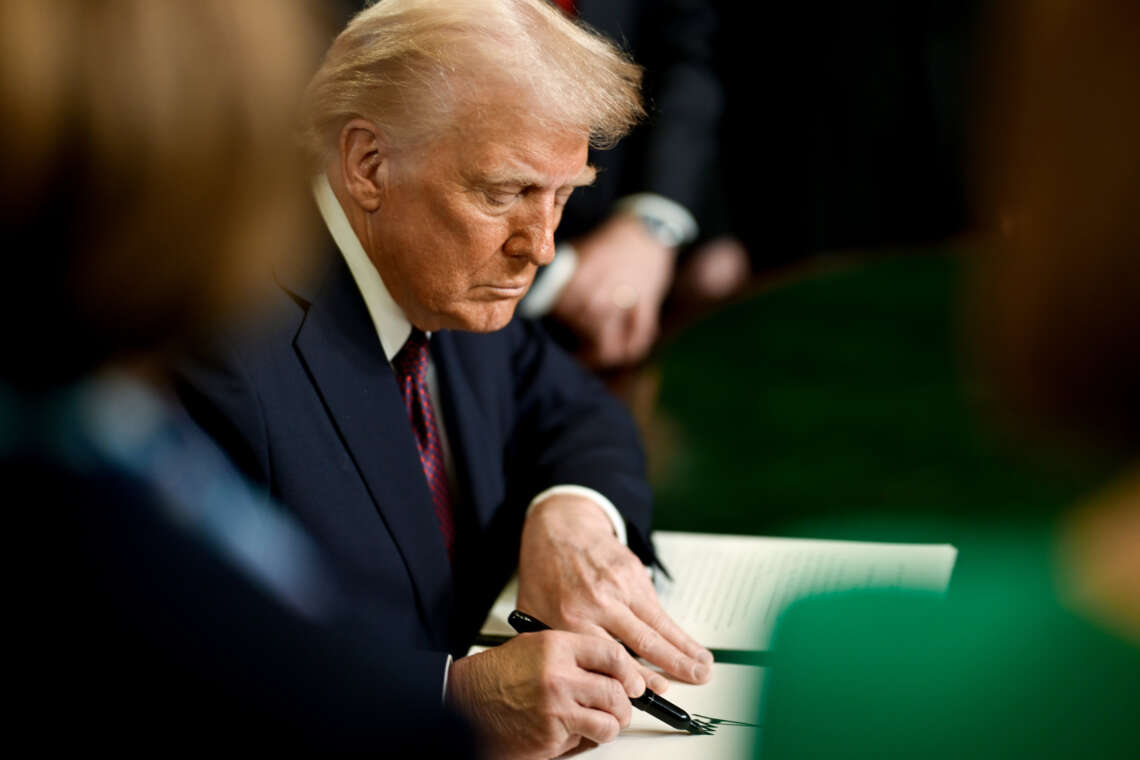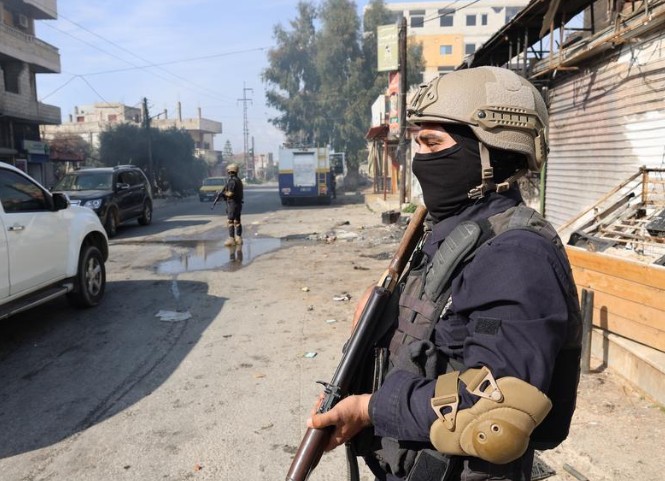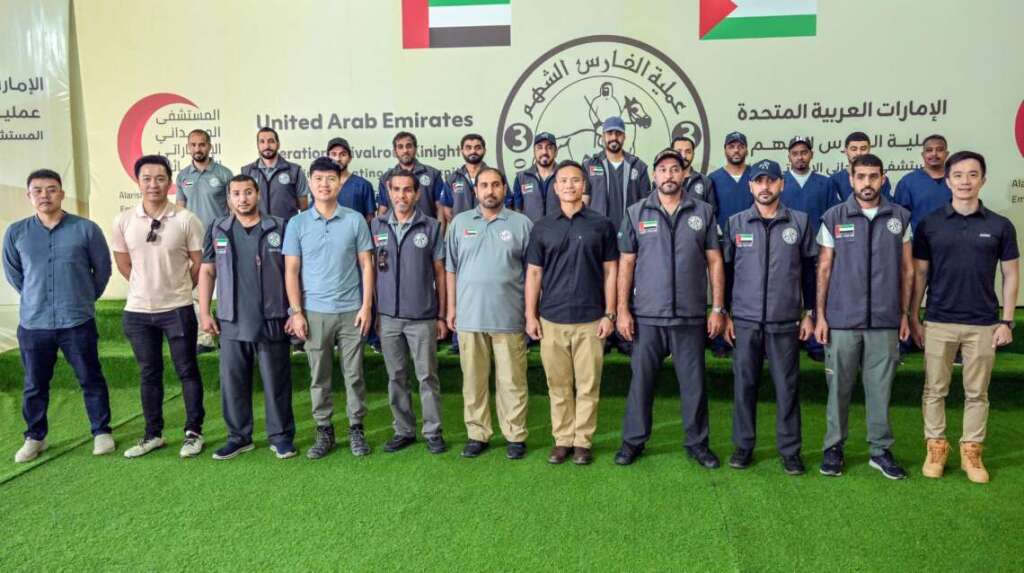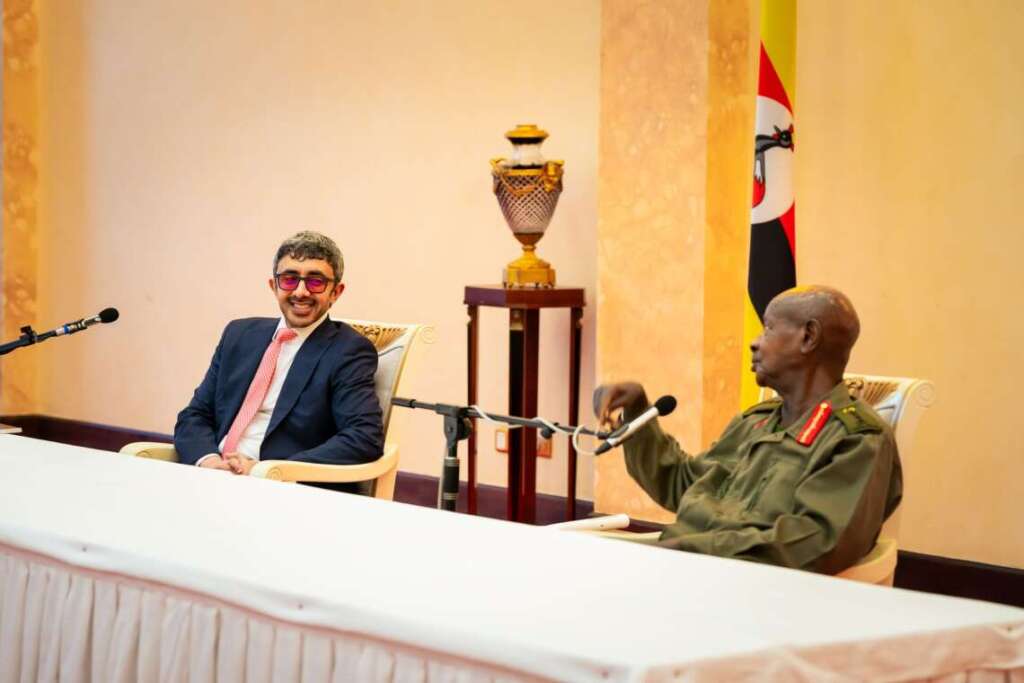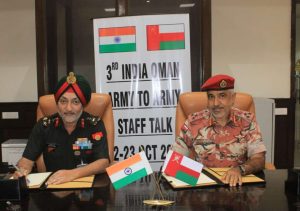Diplomatic outreach, sanctions, reconstruction, and sectarian unrest shape Syria’s complex new chapter.
In a landmark visit signalling Syria’s first re-engagement with a European capital in over a decade, French President Emmanuel Macron welcomed Syrian interim leader Ahmad Al-Sharaa at the Élysée Palace on Wednesday. The meeting — Al-Sharaa’s first trip to Europe since taking office in December 2024 following the ouster of Bashar al-Assad — marks a major step in Damascus’ bid to rejoin the international diplomatic fold after years of isolation.
During a joint press conference, Macron stated that France is willing to support a phased lifting of European sanctions on Syria, contingent on verifiable reform efforts by the new interim government. “We are prepared to move forward gradually, beginning with the easing of sanctions. This will be followed by coordination with our American allies and eventually working with the UNHCR to establish a regional framework for the return of Syrian refugees, particularly skilled professionals,” Macron said.
The French leader added that it is imperative for the United States to delay any withdrawal of its forces from Syria, warning that a premature exit could jeopardise both regional and global security. “Daesh [ISIS] remains the most significant terrorist threat. France believes in bolstering security cooperation with Syria in the months ahead,” he said.
Al-Sharaa, a former leader of Hayat Tahrir al-Sham — the Islamist group that helped topple Assad but had previous links to al-Qaeda — is still under a UN travel ban. France reportedly had to seek a special exemption for the visit, as it did for Al-Sharaa’s recent trips to Turkey and Saudi Arabia. His appearance in Paris reflects both France’s strategic calculations and Syria’s aggressive push to reposition itself on the international stage.
Sanctions, Reconstruction and Responsibility
Speaking alongside Macron, Al-Sharaa described ongoing European sanctions as “legally and morally unjustified,” arguing that they were targeted at the previous regime and now only harm ordinary Syrians. “These sanctions no longer serve their original purpose. We believe President Macron understands the humanitarian and political consequences of maintaining them,” he said.
The interim leader also discussed Syria’s reconstruction goals, emphasising that rebuilding extends beyond physical infrastructure. “The real challenge lies in rebuilding trust within an exhausted society. We’ve begun consultations about France’s role in that process,” Al-Sharaa stated.
France, which governed Syria under a League of Nations mandate in the early 20th century, appears poised to reassert its influence in the country. Just last week, French shipping giant CMA CGM signed a 30-year contract to operate and develop the port of Latakia, Syria’s largest seaport.
Macron Criticises Israeli Airstrikes
During the press conference, Macron openly criticised recent Israeli airstrikes inside Syria, including one that struck near the Presidential Palace in Damascus last Friday. “Bombing and territorial incursions are a bad practice. Security cannot be achieved by violating a neighbour’s sovereignty,” Macron warned, stressing that diplomacy and regional cooperation were the only sustainable solutions.
The Israeli strikes came amid escalating violence in southern Syria, especially in Druze-majority regions. Clashes between local Druze factions and pro-government forces have left over 100 people dead, reviving fears of Syria’s potential fragmentation.
Al-Sharaa confirmed that Syria is engaged in indirect talks with Israel via unnamed mediators in an effort to de-escalate border tensions. “We are trying to contain the situation before it spirals out of control,” he said, offering no further details.
Internal Unrest Threatens Syria’s Stability
As Syria attempts to re-engage with the world, internal sectarian tensions threaten to undermine the fragile transition. The Druze-majority regions of Jaramana, Ashrafiyat Sahnaya, and Sweida have seen fierce clashes following the circulation of an audio recording deemed offensive to Islam, attributed to a Druze community member.
The violence has killed more than 100 people in recent days, and fears of international intervention have mounted. Israel, which has a sizeable Druze population, has hinted at taking action to protect Druze civilians in Syria, intensifying regional anxieties.
The French President urged Al-Sharaa to ensure accountability for those responsible for the violence. “The perpetrators must be prosecuted and tried,” Macron asserted.
A Call for National Dialogue
Amid the violence, Syria’s National Building Movement, a broad-based political coalition, issued a statement calling for immediate disarmament of militias, a halt to sectarian clashes, and the initiation of an inclusive national dialogue. The group also urged the drafting of a transitional constitution and the establishment of mechanisms for transitional justice.
“This moment requires political courage and a commitment to justice, participation, and equal citizenship,” the statement read.
Syrian analyst Mohammad Nader al-Omari echoed these sentiments, warning that Syria faces “explosive mines” threatening its national unity. “There is no external solution to Syria’s problems. It must come from within, and it must begin with dialogue, accountability, and healing,” he wrote on social media.
Balancing Diplomacy with Domestic Reform
Al-Sharaa’s trip to Paris follows Foreign Affairs Minister Asaad al-Shibani’s diplomatic visit to the United States last month, where Syria’s new flag was raised at the United Nations for the first time. Both visits reflect the new government’s ambition to move Syria past its pariah status — but doing so while managing a still-volatile domestic scene will be its ultimate test.
Macron concluded the press conference with a personal appeal to Syria’s leader: “Mr President, I count on you.” The world will now be watching to see if Al-Sharaa can deliver on promises of reform — and whether France and its allies will reward them.

